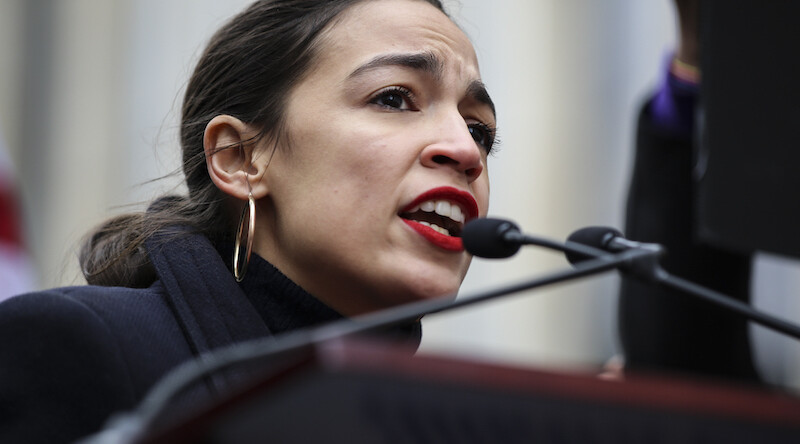This article originally appeared on the Ethics & International Affairs blog.
I had the honor and privilege to be a guest of the Wichita Committee on Foreign Relations, to dialogue with their members about the role and scope of U.S. global engagement. It was a rich and varied discussion, and this summary can't do it justice, but I wanted to share some of the key takeaways I brought with me from Wichita.
- For the U.S. to have a sustainable approach to foreign policy, both the expert and political communities must work to regain trust. Rahm Emmanuel's recent essay in The Atlantic makes the point that despite a series of domestic and foreign policy failures and setbacks, there is precious little accountability—and many of the same faces remain.
- We need a clearer articulation of trade offs and compromises—and to do so in a holistic fashion. One comment is that in an information-saturated age we can be frantically running around from one crisis or event to the next—and each demanding our full attention. Intervene to protect Rohingya Muslims! Do something about the Coptic Christians! Stop unfair Chinese trading practices! Find a way to assist a peaceful transition in Venezuela! We run the risk of forever reacting to events in isolation, rather than sitting back and seeing the full panoply of events.
- We can't all be experts, certainly not citizens, or even members of Congress. But what we can do is probe and demand from our elected officials not a gotcha-game of "name the foreign leader" but the outlines of their approach to foreign affairs. We need to push beyond campaign slogans and bromides (pay any cost, bear any burden, America is the indispensable nation, etc.) to get a sense of the ethical calculus, the assignment of priorities, beliefs on the efficacy of the use of force, and so on.
Ali Wyne, who is a member of the U.S. Global Engagement study group, spoke at the U.S. Naval War College on May 20, 2019. Some of his comments echoed the discussion in Wichita. Noting that U.S. strategic documents now characterize the goal of U.S. foreign policy as successfully engaging in great power competition, he posed the questions: What does it mean to compete? What is the end state? What does it mean for America to be "number one" in the international system—based on what criteria? Size of the economy? Ability to impose its will around the world? Living standards of its people? These are the types of questions that people in Wichita—and indeed around the country—ought to be posing in town halls and candidate fora as we move into the 2020 elections.




